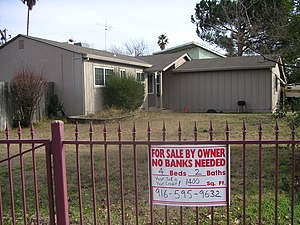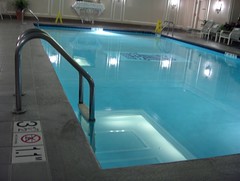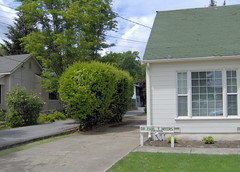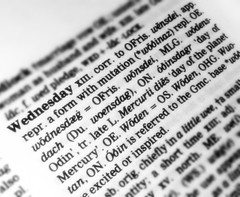Several people have asked me, how does a sheriff's sale work?
Since I am currently in the process of flipping a sheriffs sale house, it is a
topic that is fresh on my mind. Okay here's the reader digest version as I
understand it. Let's say you have a house owned by Bart Lancelot. Bart did not pay his mortgage his second mortgage, or his credit cards. Long story short,
Bart loses the house, he's foreclosed on, the two mortgage companies have a
lien on the house (actually they already had one) and the credit card company
decides to put their lien against the house also. After the house goes through
the foreclosure process, it may go to a sheriff's sale. All of the creditors
named on the foreclosure and the general public may go to the place of bidding
and place a bid on the house.
The starting bid is set by the primary lien
holder. They may set the bid at whatever they choose. (An interesting side note
many homes do not sell at sheriff's sale because the start bid is too high.)
Highest bidder wins. Different states and counties have different laws about payment
methods. The county I reside requires cashiers check for the full amount the day
of the sale. I have seen other areas that require 10% down the day of and the
balance within say, 30 days, or something similar. Check with your county's
sheriff's office for details. Anyway, the winning bid goes to pay off the
people who had liens against the property (mortgage companies, credit card
companies, etc.)
If by chance, the money is not enough to cover the debts, a
judge will determine where the money goes most likely, and someone will just be
out of luck. If by chance the winning bid is more than what is owed, the former
owners will receive the overage. There are many potential snares here so buyer
beware. If one of the lien holders was not named on the foreclosure, there
could be some big problems. I know from experience. That is why you must
consult with an attorney before, during, and after you buy a home from a
sheriff's sale.





































